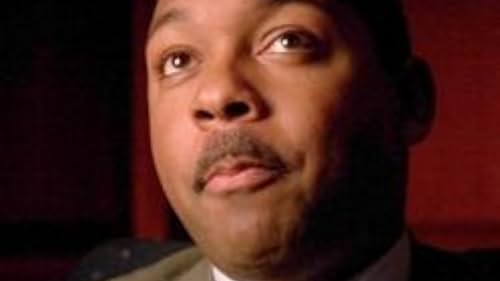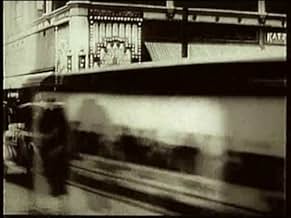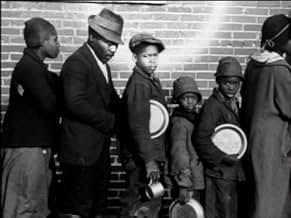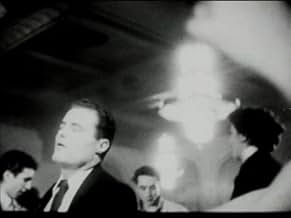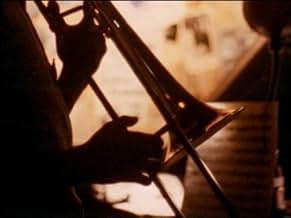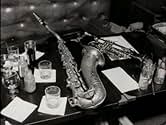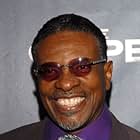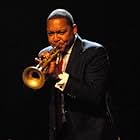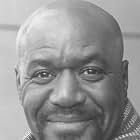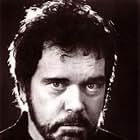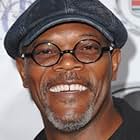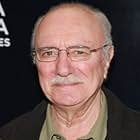IMDb RATING
8.6/10
2.6K
YOUR RATING
A survey of the musical form's history and major talents.A survey of the musical form's history and major talents.A survey of the musical form's history and major talents.
- Nominated for 5 Primetime Emmys
- 2 wins & 7 nominations total
Browse episodes
Storyline
Did you know
- ConnectionsFeatured in WatchMojo: Top 10 Documentary Mini Series (2015)
Featured review
The culture of the "People, all the People" has been Ken Burns' great theme. In the first two thirds of "Jazz" he eloquently presents these grand ideas. From Armstrong and Ellington to Billie Holiday and Benny Goodman we are swept along in a vibrant, multi-layered story of something special that would change the world.
But once the documentary reaches the 50's, the tale takes a radical turn. There is a lot of focus on drugs and broken lives. This may be important but these sad endings lead the film on a downward emotional spiral. (I understand why Spike Lee detests jazz musician's stories focusing on drugs.) But at least the music is good.
When the so called jazz music of the 60's and beyond is revealed, we see that the climax of this film is a betrayal of its beginning. The "People's music" has vanished. We see that "real" jazz is elitist and narrow and for the most part is a musical dead end.
We find that "real" jazz is played on acoustic instruments such as trumpets and saxophones. So, electric jazz guitarists are almost never mentioned as well as any electric keyboard players. And the only correct modern style comes straight from Be Bop. We hardly hear any Latin jazz or Fusion.
The great music promoter John Hammond once said that his most satisfying discovery was George Benson. Of course we never hear about Benson because he was popular and he plays electric guitar. No, instead the film's ending becomes an overblown promotion of Wynton Marsalis who since he acts as the film's "senior creative consultant" brings the great story down to an example of petty ego.
Overall "Jazz" has seven excellent episodes about a vital part of history and its effect on the world's music. Enjoy these and after that I would gently suggest to quit while you're ahead.
But once the documentary reaches the 50's, the tale takes a radical turn. There is a lot of focus on drugs and broken lives. This may be important but these sad endings lead the film on a downward emotional spiral. (I understand why Spike Lee detests jazz musician's stories focusing on drugs.) But at least the music is good.
When the so called jazz music of the 60's and beyond is revealed, we see that the climax of this film is a betrayal of its beginning. The "People's music" has vanished. We see that "real" jazz is elitist and narrow and for the most part is a musical dead end.
We find that "real" jazz is played on acoustic instruments such as trumpets and saxophones. So, electric jazz guitarists are almost never mentioned as well as any electric keyboard players. And the only correct modern style comes straight from Be Bop. We hardly hear any Latin jazz or Fusion.
The great music promoter John Hammond once said that his most satisfying discovery was George Benson. Of course we never hear about Benson because he was popular and he plays electric guitar. No, instead the film's ending becomes an overblown promotion of Wynton Marsalis who since he acts as the film's "senior creative consultant" brings the great story down to an example of petty ego.
Overall "Jazz" has seven excellent episodes about a vital part of history and its effect on the world's music. Enjoy these and after that I would gently suggest to quit while you're ahead.
- How many seasons does Jazz have?Powered by Alexa
Details
- Release date
- Countries of origin
- Official site
- Language
- Also known as
- Jazz, la historia
- Production companies
- See more company credits at IMDbPro
- Runtime1 hour 48 minutes
- Color
- Sound mix
- Aspect ratio
- 1.33 : 1
Contribute to this page
Suggest an edit or add missing content


